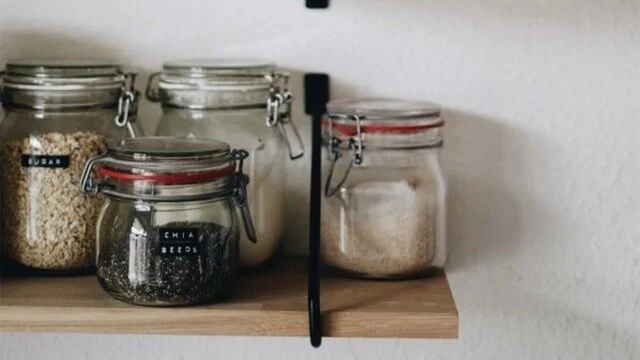5 super healthy seeds you should add to your diet!
Seeds are the "eggs" that contain the nutrients needed to nourish the growth of a new plant. So their high nutrient content shouldn't come as a surprise. What's surprising is that we generally relegate these nutritional wonders to the occasional snack rather than making them staples of our diet. Adding more seeds to your diet can strengthen your body. Eating healthier can be part of an alternative treatment against illness.
With their gold mine of healthy minerals and their niacin and folic-acid contents, seeds are an excellent nutrition package. They are among the better plant sources of iron and zinc. In fact, seeds contain high levels of essential fatty acids and the full profile of amino acids needed to form complete and digestible protein. Furthermore, they provide vitamins A, B, C and E and the minerals calcium, magnesium, potassium, zinc, iron, selenium and manganese.
In this article, we will take you through some of the most powerful and healthy seeds that can be easily added to your daily diet to not only boost your immune system but provide you with lots of energy to get through your busy day!
Pumpkin seeds
One ounce of pumpkin seeds contains almost twice as much iron as three ounces of skinless chicken breast, and they provide more fibre per ounce than nuts. They are also good sources of protein.
Sunflower seeds
Sunflower seeds are rich in the B complex vitamins, which are essential for a healthy nervous system, and are a good source of phosphorus, magnesium, iron, calcium, potassium, protein and vitamin E. They also contain trace minerals, zinc, manganese, copper, chromium and carotene as well as monounsaturated and polyunsaturated fatty acids - types of 'good' fat that may help to protect the arteries. As they are a good natural source of zinc, sunflower seeds are popular immune boosters. They may also help protect against heart disease while their vitamin B can help in the fight against stress.
Linseeds (flaxseeds)
This seed is an excellent source of omega-3 and omega-6 essential fatty acids, which are needed for most bodily functions, as well as dietary fibre and manganese. They are also rich in folate and vitamin B6 and the minerals magnesium, phosphorus and copper. In addition, they can become a woman’s best friend as they may help relieve menopausal symptoms such as hot flushes! Because they are high in soluble fibre, linseeds are also sometimes used to relieve constipation.
Chia seeds
These popular seeds are among the most nutritious foods on the planet! They are loaded with fibre, protein, Omega-3 fatty acids and various micronutrients and they provide sustainable energy. They contain a high amount of antioxidants that fight the production of free radicals, which can damage molecules in cells and contribute to ageing and diseases like cancer. Chia seeds are high in calcium, magnesium, phosphorus and protein. All of these nutrients are essential for bone health.
Goji berries
These berries are perhaps a little less well known, however they are loaded with beta-carotene which helps promote healthy skin. Goji berries have also been known to help boost the immune system and protect the eyes. And like other berries, goji berries are also an excellent source of vitamin C and can reduce tough cold symptoms. Goji berries are also an excellent source of antioxidants. As a plus, they are low in calories, fat-free and are packed with fibre — which also helps you manage weight and go the bathroom on a regular basis.
Selection and Storage:
Seeds are often sold in bulk, either with their hulls (shells) in place or with their kernels separated out. Make sure the seeds you buy are fresh. Because of their high fat content, seeds are vulnerable to rancidity. If they're exposed to heat, light, or humidity, they're likely to become rancid much faster. A quick sniff of the seed bin should tell you if the contents are fresh or not. Seeds that still have their hulls intact should keep for several months if you store them in a cool, dry location. Seed kernels (seeds that have had their shells removed) will keep for a slightly shorter period of time.
Would you like some inspiration on what to add your seeds to? Check out our fruit and yoghurt breakfast bowl recipe here.


